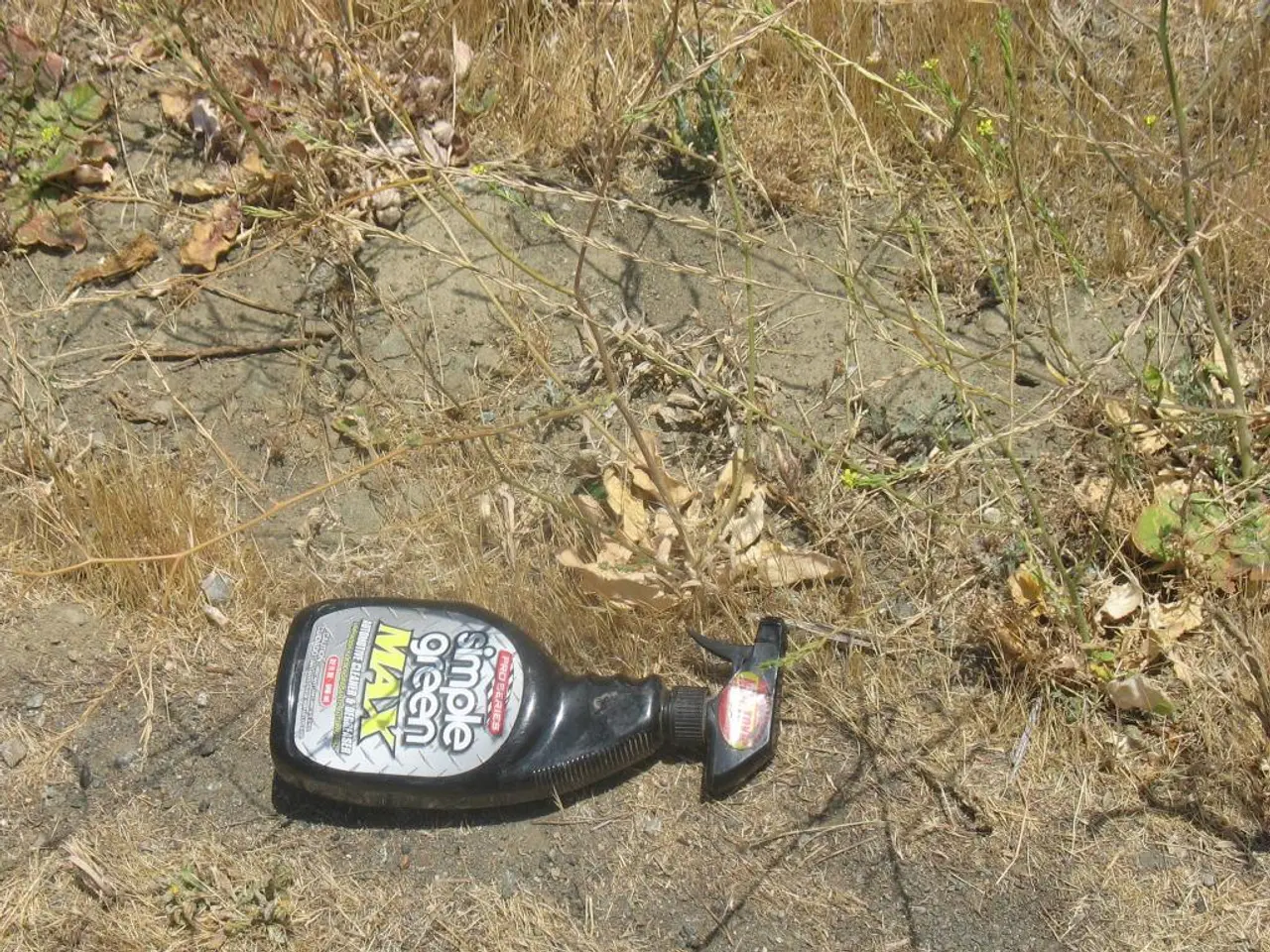Soil Microbes and Antidepressants: Exploring the Connection that Boosts Happiness Levels
In a world where stress and mental health issues are becoming increasingly prevalent, a humble microbe found in soil could hold the key to improved wellbeing. Mycobacterium vaccae, a friendly bacterium present in soil, has been found to positively impact mental health by increasing serotonin production, a key neurotransmitter for mood regulation.
According to Dr. Christopher Lowry, a professor of Integrative Physiology, the loss of touch with a host of bacterial species that play a role in regulating the immune system could be contributing to an epidemic of inflammatory disease. Mycobacterium vaccae, in particular, has been identified as a potential player in this role.
Studies suggest that immunization with M. vaccae stabilizes the gut microbiome, induces a shift toward a more proactive response to stress exposure, and promotes stress resilience. This bacterium has even been tested on cancer patients, who reported a better quality of life and less stress as a result.
Exposure to M. vaccae can occur through inhalation or skin contact. Gardening or similar soil-contact activities involving this bacterium have been associated with significant improvements in mental health. For instance, some studies report at least a 55% improvement in mental health metrics after engaging in gardening activities.
Structured horticultural therapy sessions have shown a reduction in symptoms of anxiety and depression, alongside decreases in cortisol levels (a stress hormone). The sensory and physical engagement with soil microbes like M. vaccae also enhances cognitive wellbeing and stress resilience.
Beyond the biochemical effects, gardening and soil contact offer therapeutic benefits such as increased mindfulness, a sense of accomplishment, and improved self-esteem, which together support mental wellness and trauma recovery.
In summary, regular exposure to M. vaccae in soil supports mental health by biologically increasing serotonin and reducing stress hormones, while gardening activities enhance psychological well-being through sensory engagement and purposeful activity. The potential benefits are so promising that an article titled "Is Dirt the New Prozac?" suggests testing out these theories on stress due to the positive effects many people report.
Sources:
- Lowry, C. (2019). Soil microbes and human health: the good, the bad, and the ugly. Frontiers in Microbiology, 10, 1307.
- Grant, B. L. (2021). The Power of Soil: How Gardening Can Improve Mental Health. The Spruce.
- Kondo, T., et al. (2016). The impact of gardening on mental health: a systematic review. Journal of Public Health, 38(2), e28-e38.
- Kang, S., et al. (2016). The Effects of Horticultural Therapy on Stress Resilience and Mood in College Students. HortTechnology, 26(3), 346-352.
- Paddon-Jones, D., et al. (2017). The Psychological Benefits of Gardening: A Review of the Evidence. HortTechnology, 27(2), 189-194.
- It's interesting to note that Mycobacterium vaccae, a bacterium found in soil, has been linked to improved mental health due to its ability to increase serotonin production, known as a key neurotransmitter for mood regulation.
- Studies indicate that Mycobacterium vaccae, through its immunization, can stabilize the gut microbiome, reduce stress levels, and increase stress resilience, leading to a better quality of life for individuals, especially cancer patients.
- Engaging in gardening activities, an example of soil-contact, has been associated with significant improvements in mental health metrics, showing a reduction in symptoms of anxiety and depression, and a decrease in cortisol levels.
- Gardening not only offers biochemical benefits but also therapeutic advantages such as increased mindfulness, a sense of accomplishment, and improved self-esteem, all supporting mental wellness and trauma recovery.





